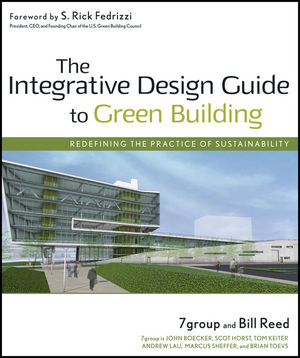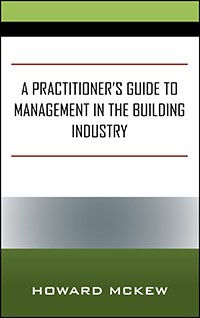“Don’t you know? Talking about a revolution sounds like a whisper.” - Tracy Chapman
For years, discussion (and debate) has continued about the concept of the smart, intelligent, or connected building. The idea being to have integrated building systems that result in improved operations, efficiency, and productivity. In fact, some argue that this is a concept that originated over 20 years ago.
Despite all of the articles, conferences, and reports, the delivery of intelligent buildings in the U.S. has occurred on isolated projects and has been far from what we might consider mainstream. However, it appears that it may be that we are on the edge of a dramatic change - in fact, you could argue that this may be a revolution in building automation.
But seriously, why would we make such an audacious prediction, especially in the midst of a major recession? The simple answer is that a convergence that has been building for years is now occurring. Here are the elements:
Sustainable operations. The drive for sustainability and carbon reduction continues, fueled by corporate and government mandates for improved efficiency. As part of the recently passed American Recovery and Reinvestment Act (ARRA), billions will be spent over the next 60 months to convert existing government buildings to become high-performance green buildings. We are seeing similar programs being implemented by private industry as well. But there is a realization that delivery of a high-performance building needs to have the necessary tools in place so that they can be properly operated, measured, and monitored to achieve and measure their performance. This leads them to implement intelligent building technologies.
Smart grid meets smart buildings.There is a strong drive to transform the utility grid to make it more rugged and reliable. This program, called Smart Grid, is also going to more closely connect the utility to the building. This will allow the utility to better match generating capacity with grid demand allowing for improved efficiency. Smart Grid demonstration projects are already up and running in Boulder, CO and significant funding is now available as part of ARRA.
New suppliers.The concept of the intelligent building is rooted in the concept of converging building systems onto the IT system. In the last six months, we have seen several major IT companies (including Cisco and IBM) announce smart building solutions.
What's Next?
The necessary technology and open standards for the delivery of intelligent building projects are largely commercially available, and owners are starting to do broad-scale implementations. So what is holding us back?The challenges remain with the traditional process used for the design and delivery of buildings. New processes for integrated design, construction, commissioning, validation, and operation are required. This opens opportunities for “next-generation” designers, contractors, and operators who are knowledgeable in skills including systems optimization, integration, user interface, and use of software tools.ES





